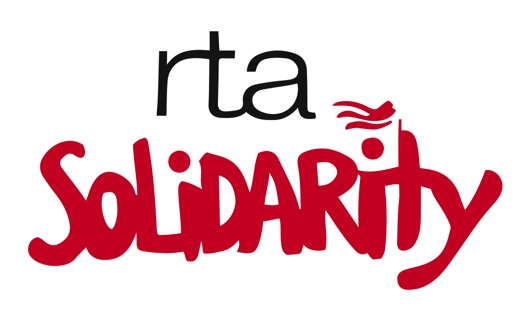A reorganization of special education in the Rochester City School District intended to restore more control to school-level administrators has been fumbled in the first few weeks of the school year — the apparent result of insufficient training and staffing.
As part of the 2017-18 budget process and in response to a bruising report of its special education processes, the district last spring announced a plan to simultaneously increase district-level quality control over special education meetings and move more of the decision-making and administrative responsibilities to principals and assistant principals. In a budget reallocation, about 20 administrator positions were eliminated, and replaced with teachers assigned to coach and assist other teachers.
By the district’s own admission, though, the training meant to prepare building-level administrators for their new responsibilities was inadequate.
“There were a lot of questions and requests for information (over the summer), but it looked like people had been satisfied with the pace (of training),” Superintendent Barbara Deane-Williams said. “When students returned is when the questions accelerated. … It’s not an excuse. There should have been more attention on it, and it’s something we’ll strengthen in the future.”
More: Scathing report finds RCSD takes a ‘wait-to-fail’ approach to special needs students
More: Troubled RCSD program has no permanent principal to start year
Responsibility for conducting students’ annual review meetings has in many cases rolled downhill to school psychologists and teachers, triggering two complaints from the Rochester Teachers Association.
“The district is attempting to increase (teachers’) load without any concomitant reduction in responsibilities,” RTA President Adam Urbanski wrote in a letter to the district. “With the clear limits to the professional day in the contract, it is impossible to succeed and provide services to our most vulnerable students.”
The union also alleges that some students had services removed from their Individual Education Plans without proper procedures being followed.
At the same time, there are a number of empty teacher-support positions that is making it difficult to fulfill the original vision of strengthening classroom practices for children with disabilities.
“I think there’s just frustration that people want to do the right work to kids and families, and they’re finding barriers with the tools and moving pieces,” Deane-Williams said. “I agree that the process could have been stronger, and now that we know there is a concern, we are working side by side with our unions to make sure we are working together.”
More: RCSD lays out special education fix
More: Watchdog: Crisis in special ed services for preschoolers leaves families scrambling
The RTA has formally requested “impact bargaining” with the district, arguing that teachers’ job responsibilities were changed unilaterally. Tim Cliby, president of the Administrators and Supervisors Association of Rochester, said his union will likely follow suit, but said he believes the district’s blueprint is the correct one if implemented properly.
“It’s an ambitious effort with a lot of moving parts, and of course we have 20 percent special ed kids,” he said. “It’s become very obvious we need to do a lot more in terms of communicating and putting systems in place. … As long as people are listening to what (school-level staff) are saying, then I feel we’ll have a workable end product.”
JMURPHY7@Gannett.com
